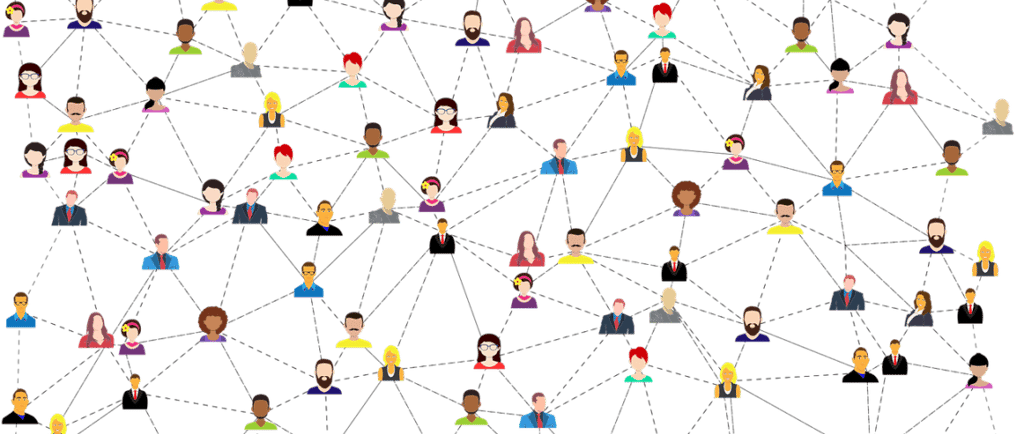

I have been thinking a lot recently about all that is wrong with the world, about why so many aspects of life feel like they’re getting worse for so many, and about why so many more people seem to be in crisis than ever before.
From where I sit in the UK, it feels like the country is falling apart. We can no longer trust any of our main institutions. Years of frustration at poor pay and working conditions have led to more and more strikes by more and more public services (which I support, just to be clear).
In my own small professional world of data protection, I see increasing polarisation, and the rise of dogmatists pushing a purist agenda and refusing to even acknowledge any differing views, let alone engage with them. As another example, LinkedIn has lately been a frenzy of breathless posting on AI, which quickly divided into two camps: pro-AI and the need for its innovation versus anti-AI and the apocalyptic risks it presents.
Even with regard to plain English, the other professional world I live in, I constantly see in the news and through hearing other people’s stories that language is being used to mislead and confuse. And that people still suffer detriment due to complicated and opaque language, from areas as diverse as the tax rules to travel insurance policy wording.
It can sometimes feel like it’s all hopeless.
The common thread with all these things - in my view - is that we have forgotten about people. The world we live in now functions because of people. Organisations, institutions, public services, laws and their enforcement, and new technologies do not exist without people. We talk about B2C and B2B, but it’s all just human to human.
People were supposed to be at the heart of laws on data protection. Data is only personal and needs a legal framework for fair and responsible handling because it relates to actual people. And why do organisations put things in writing if not for people to read?
So when did we forget about people?
It’s no silver bullet, but actually stopping to think about people would go a long way to better outcomes in many areas of life. Whether that’s a kind act to a stranger that they may pay forward, or actively considering people when what you’re about to do or publish has an impact on them.
A people-centred approach is one where you focus on people not just data. Where you consider outcomes, impacts and harms as well as benefits, innovation and profit. Where you write for your audience. Where you put yourself in their shoes and try to understand their perspective.
There are some that argue that when it comes to compliance, what matters is only what the law says. While it is true that compliance with laws and regulations means there is a baseline of mandatory requirements, that doesn’t exclude taking a people-centred approach. And in my view that is possible whether you’re dealing with compliance for data protection, health and safety, or tax rules (to name just three).
A people-centred approach can actually help you with compliance. To take data protection as an example, consider the following.
Putting people at the heart of your decision-making on data collection and use makes it more likely you will meet the requirements to be fair, lawful and proportionate.
Considering impacts, harms and outcomes makes it more likely your impact assessments and use of the legitimate interests lawful basis are sound and defendable.
Writing for your audience (in plain language) makes it more likely you will meet the transparency requirements.
Designing around human behaviours makes it more likely that your security measures, policies and processes are appropriate, as well as actually understood and followed by your staff.
Building compliance into your business processes makes it more likely that your staff will do what they are supposed to do, and helps you achieve data protection by design.
From a plain English perspective, I hope it is self-evident that considering your audience leads to improved understanding, better relationships and, where the communication asks for action, more chance of it actually happening.
We’re all human beings, trying to make our way in the world and make sense of it. Too often we get in each other’s way unnecessarily. It’s a small step in the grand scheme of things, but perhaps if we could be a bit more people-centred in our lives and in our work, we can be the enabler not the barrier.
If any of this post has resonated with you, and if you genuinely want help to make your data protection compliance or your writing more people-centred, please get in touch.
Picture credit: Gordon Johnson from Pixabay.
